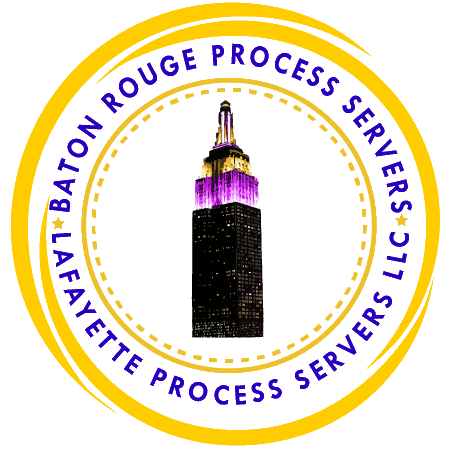A court researcher plays a pivotal role in the intricate web of the judicial system. They are the detectives of the legal world, delving into public records and court documents.
Their work is crucial for legal proceedings, background checks, and due diligence. Accuracy and attention to detail are paramount in their profession as they navigate complex legal databases.
This article illuminates the responsibilities, skills, and career opportunities of a court researcher. Whether you’re a legal professional, a law student, or simply curious, this piece will provide valuable insights into this vital role.
Understanding the Court Researcher Profession
A court researcher, also known as a court records researcher, is a professional who retrieves and analyzes court documents. They work with various records, including criminal records, civil filings, judgments, and liens.
Court researchers’ work is not confined to a single setting. They can be found in law firms, government agencies, and corporations. They are the unsung heroes of the legal world, providing vital information that influences legal proceedings and justice delivery.
A court researcher’s primary responsibility is to retrieve and analyze court documents. They delve into public records, legal documentation, and databases to gather information, which is used for various purposes, such as background checks, litigation support, and due diligence.
Court researchers also play a crucial role in identifying legal precedents and case law. They assist in the discovery phase of litigation, preparing cases for trial.
Key responsibilities include:
- Retrieving and analyzing court documents
- Conducting background checks
- Assisting in litigation support
- Identifying legal precedents and case law
- Preparing cases for trial
A court researcher must possess unique skills to excel in their role. Analytical thinking, proficiency in legal databases, and strong communication abilities are essential. They must also have a keen eye for detail, as accuracy is paramount in this field.
Typically, a criminal justice or legal studies degree is required for court researcher jobs. However, relevant experience in legal research or a related field can also be beneficial.
The digital revolution has significantly impacted court research. The increasing use of online databases has streamlined the process of retrieving and analyzing court documents.
However, this shift towards digitalization also presents new challenges. Court researchers must now be adept at navigating proprietary and public databases to ensure the accuracy and completeness of their research.
Court researchers have various career advancement opportunities. With experience, they can move into roles such as senior researcher, project manager, or even research director.
Continuing education and professional development are crucial for advancement. Specialization in a particular area of law can also enhance career prospects.
Court researchers must adhere to strict ethical guidelines. Confidentiality is paramount, and they must respect privacy laws and regulations.
They also have a responsibility to ensure public access to court records. This balance between privacy and transparency is a critical ethical consideration in court research.
Writing an Eviction Notice Letter


Recent Comments